How to choose a mobile or tracked wood chipper
In the modern timber processing industry, mobile and tracked wood slicers have become an important equipment choice for many businesses and individual users. These machines are primarily used to slice logs, branches, and waste wood for easier transportation, storage, or use as biomass fuel. Unlike traditional stationary equipment, the mobile and tracked design provides greater flexibility and adaptability, allowing for direct operation on-site, reducing material handling steps, and improving work efficiency.
Mobile wood chippers are typically equipped with tires or towing devices, making them suitable for movement on flat or slightly rugged terrain, such as in forestry parks, farms, or timber yards. They are generally driven by diesel engines or electric motors, allowing users to choose the power source based on their needs. Tracked wood chippers, on the other hand, use tracked chassis, offering better terrain adaptability and stability, especially excelling in muddy, steep, or complex terrains, making them suitable for mountainous forestry or large-scale engineering sites.
The manufacturers should focuses on the research and development and production of this type of equipment and emphasizes the practicality and safety of its products, taking into account users' operating habits and environmental requirements in the design. For example, the equipment is typically equipped with a feeding system, slicing device, discharge port, and safety protection components to ensure smooth operation and controllable risks. The manufacturer also offers a variety of models and configuration options to meet the needs of users of different sizes and requirements.
When choosing a mobile or tracked wood chipper, users need to consider the following key factors:
1. Power Type: Select diesel or electric power based on the energy supply at the work site. Diesel power is suitable for remote areas or locations without electricity supply, while electric power is more environmentally friendly and has lower operating costs.
2. Processing Capacity: The processing capacity of equipment is usually measured in the number of slices per hour or the feed size. Users should choose the appropriate model based on their material type and production needs. For example, small equipment may be suitable for home or farm use, while large industrial equipment is used in continuous production environments.
3. Mobility and terrain adaptability: Mobile equipment is suitable for flat terrain, while tracked equipment is better suited for complex terrain. Users need to assess the ground conditions at the work site and select the most suitable chassis type.
4. Safety Features: Wood chippers are heavy machinery, and safe operation is paramount. Manufacturers typically equip the machines with emergency stop buttons, protective covers, and warning signs. Users should ensure these features are in good working order and perform regular maintenance.
5. Maintenance and After-Sales Service: When choosing a manufacturer, users should pay attention to its after-sales service network and spare parts supply.
A professional manufacturer, not only provides standard models of equipment but also supports customized services. Users can adjust the slice size, power configuration, or other functions according to their own needs to obtain solutions that better suit their practical applications. The company focuses on product quality and user experience, continuously optimizing the design to improve the reliability and efficiency of the equipment.In the timber processing industry, mobile and tracked wood chippers are increasingly widely used. They are not only suitable for timber processing plants but also for landscaping, urban sanitation, and biomass energy production. With increasing environmental awareness and rising demand for resource recycling, the market prospects for this type of equipment remain promising. Manufacturers are committed to providing users with more efficient and environmentally friendly equipment options through innovation and technological upgrades.
Mobile and tracked wood chippers are essential tools in modern wood processing, their flexibility and adaptability enabling them to play a vital role in various scenarios. When purchasing, users should comprehensively consider factors such as power, processing capacity, safety, and after-sales service to ensure that the equipment best suits their needs. Henan Feixiang Environmental Protection Technology Co., Ltd., as a member of the industry, will continue to dedicate itself to product research and development and service improvement, providing users with reliable solutions.



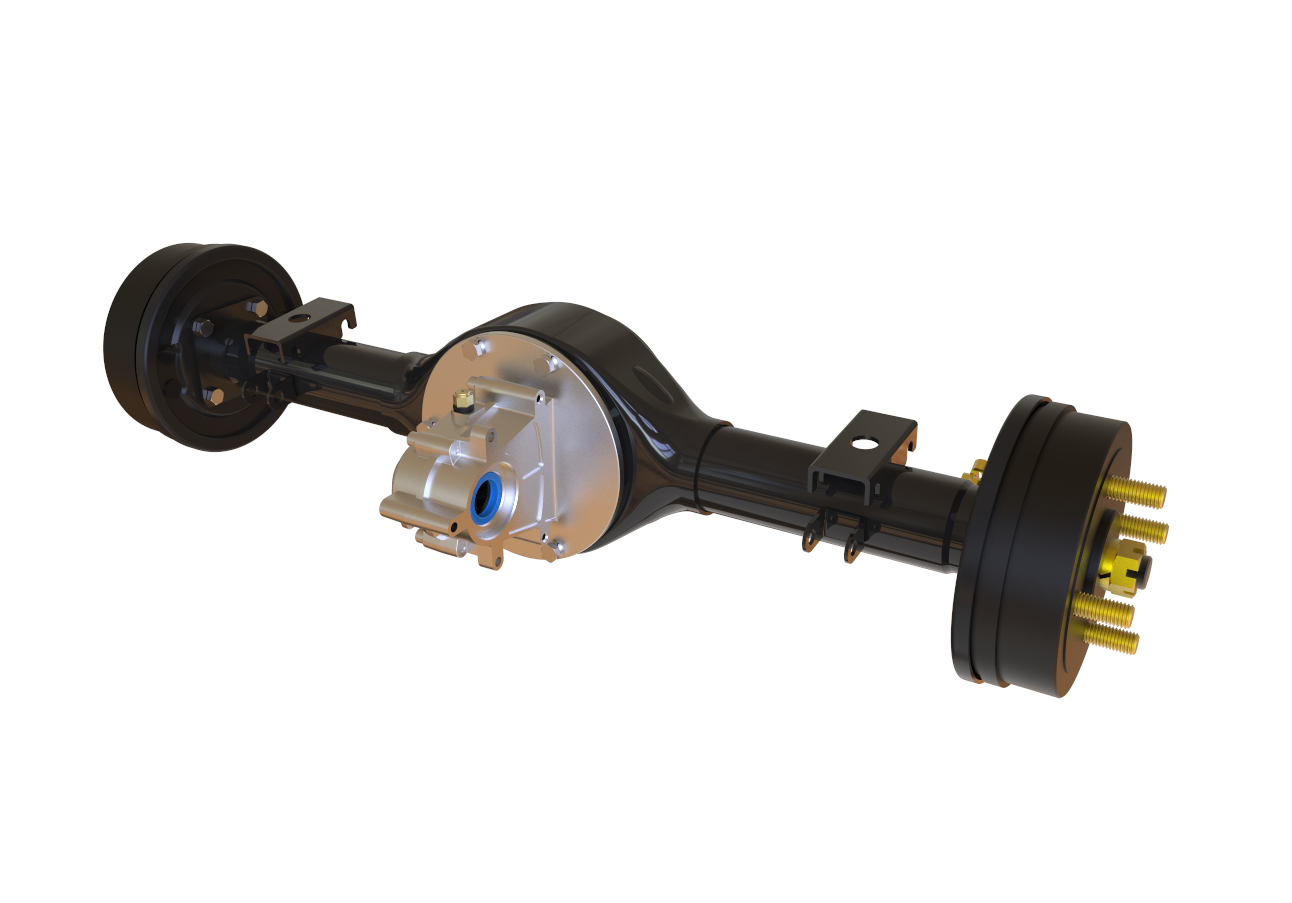
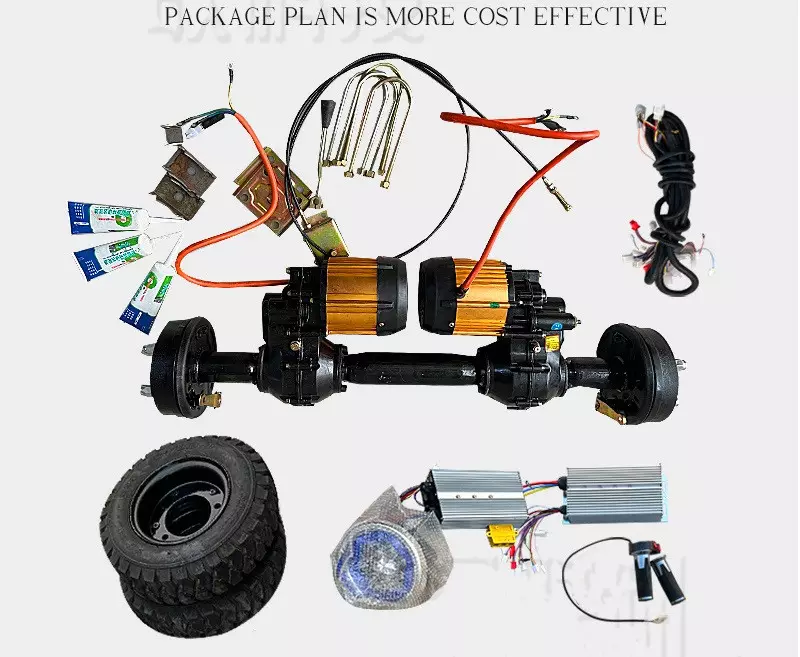

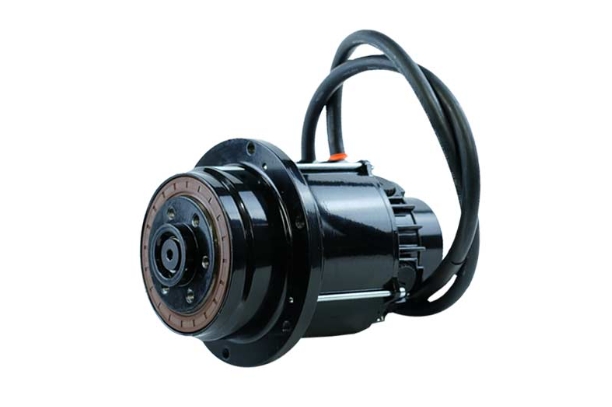
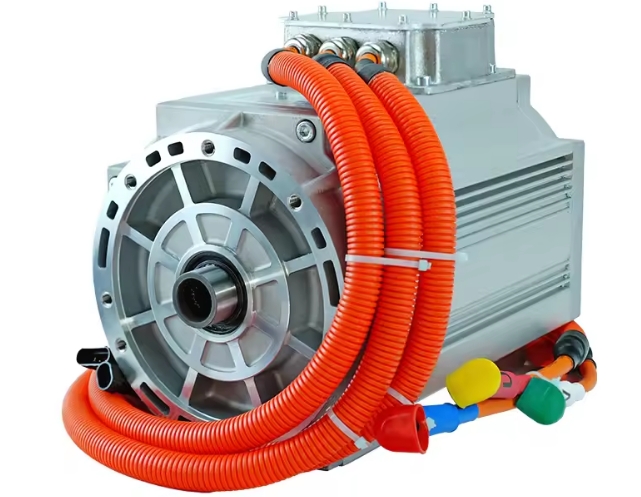
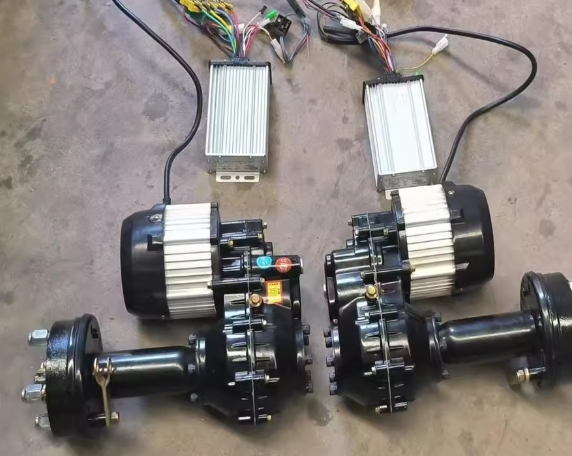
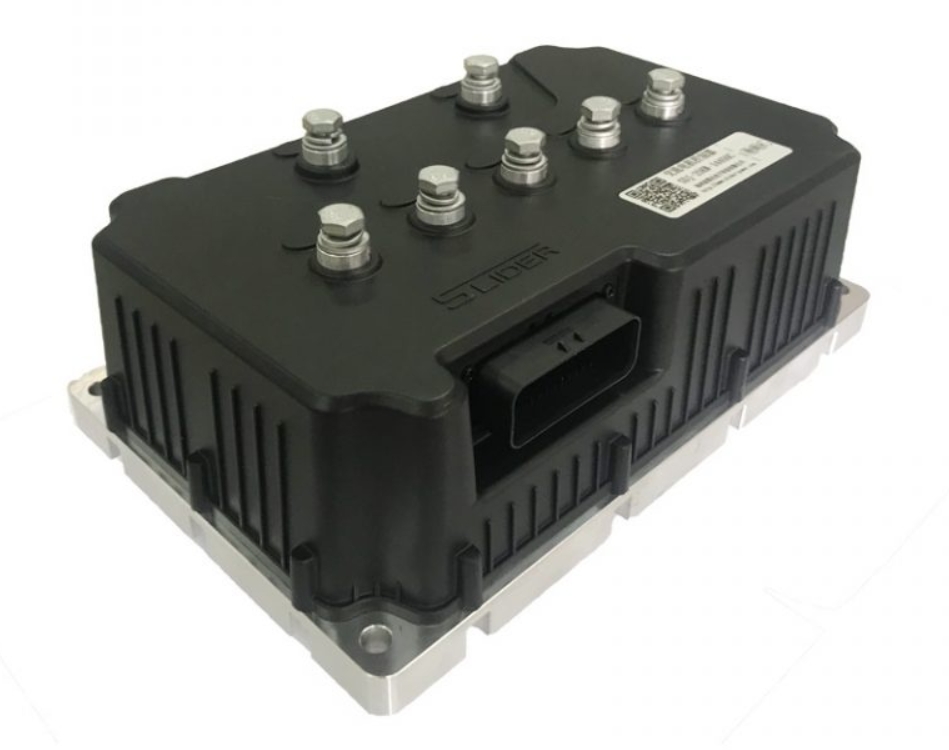

















 XINDA
XINDA